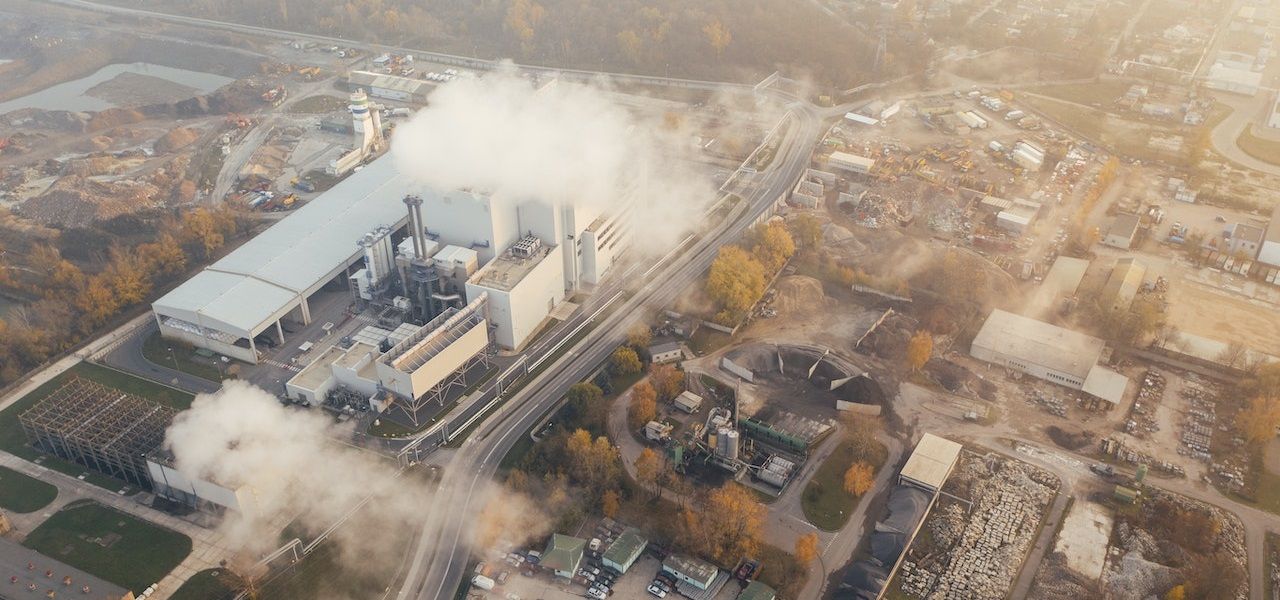Almost everyone wants a piece of the crypto pie, and investors continue to flock in numbers to buy coins and NFTs. Unfortunately, while looking to invest in potentially profitable projects, there is a headache for every crypto investor: gas wars.
So what is a crypto gas war and how can you avoid it as an investor?
What is gas in crypto?
The term gas in crypto is usually associated with the Ethereum blockchain and refers to the computing power required for a successful transaction on the Ethereum blockchain. Other blockchains, including Solana, Tezos, and Cardano, among many others, have also adopted this term.
So in general, you can think of cryptogas as the fuel required to complete your transaction on a blockchain.
However, the gas fee is the fraction you pay miners for the computing power or effort used to process a particular transaction, either in a proof of work (PoW) or proof of stake (PoS) mechanism.
The gas price varies depending on the blockchain and factors such as gas wars. For example, while Ethereum’s Merge to an apparently cheaper proof of stake method in Ethereum 2.0 can lower gas fees, version 1.0 requires a more expensive gas fee than other blockchains since it uses the PoW mechanism (the same one used by Bitcoin).
Whether you buy or mint a non-fungible token (NFT), transfer a crypto token, participate in an NFT or crypto airdrop, or any other crypto-based transaction, you will most likely pay a fee for it – it’s gas tax.
What is a Gas War in Crypto? What is the cause?
Simply put, a gas war is a fierce bidding competition for a crypto commodity between addresses trading on a blockchain, which always results in an increased gas fee. Therefore, those who cannot afford the hike are excluded from a transaction.
Similar to the real market rule, a gas war starts when the demand for a crypto asset is higher than the supply. As a result, transactions may fail or become slower when the blockchain reaches its real-time volume threshold. So some tip blockchain validators in an attempt to act faster, causing them to increase the gas tax based on this tip.
Unfortunately, bidders can continue to pay more gas taxes to beat others – until most people can’t afford it anymore, thus prioritizing the highest bidder. That’s why you can pay more for gas than the original asset while buying some crypto products. It is glaring that most people are likely to give up in such a situation; this reduces the number of addresses trading at any given time.
Therefore, a gas war is a mechanism used to reduce transaction damage in a high demand scenario. A crypto gas war can occur during an NFT coin or a new coin release.
The ultimate price of a crypto gas war
A cryptogas war favors only a few, and those who are beaten to it face some frustrations. The effects of a gas war include:
1. Miss out
A gas war raises fears of missing out on investors. And this is one of the reasons why they engage in a gas war. However, those with lower purchasing power tend to lose and miss out in the end.
2. Financial loss
Money disappearing into thin air during a gas war is not news. For example, you may have paid handsomely for petrol under a popular NFT coin. However, your transaction may fail if a problem occurs while your purchase is being processed.
Therefore, you may lose the fee you paid earlier since it is on a smart contract and is non-refundable.
3. High transaction error
A gas war increases the error probability of a crypto transaction since only the highest gas fee bidder secures a place in an upcoming block. Thus, buyers with lower bids tend to lose the war on a failed transaction. Even worse, internet, blockchain and wallet issues are also sometimes the causes of transaction failures.
For example, the Ethereum blockchain hit a bottleneck under the Otherdeed coin, prompting Yuga Labs to apologize to investors in a tweet.
4. Increased gas taxes
A steady increase in the gas tax is usually the final result of a cryptogas war. The higher investors are willing to pay for gas, the higher the gas tax.
5. Scarcity
Any crypto asset that causes a gas war is undoubtedly already rare. But an asset becomes rarer when a gas war occurs during minting or buying. This often increases the market price of such crypto products since investors do not want to sell lower than what they had to buy.
However, people who lose a gas war can buy at a higher price in the secondary market.
Can you avoid a gas war?
Although you have no control over a gas war outbreak, there are a few things you can do to avoid it.
The default way to avoid a gas war is to outbid other bidders by participating and paying the highest gas price. However, it is not financial advice, as you can end up playing and losing money.
But one of the best ways to avoid a gas war is to be an early supporter or an active member of an NFT or crypto project. NFT communities, for example, typically assign early members and active members to specific roles that give them early minting or buying privileges. And such people do not participate in public auction or minting.
So if you find a promising project, jump in early to pledge your support and stay active. You can win an early holder role by doing so.
No need to worry if you can’t afford the gas fees
Some investors don’t back down during a gas war. They pay more money for gas instead. If this continues, it could push the gas fee higher than the coin price of an NFT or more than the value of the crypto being transacted. You don’t need to panic during a gas war. It just indicates that a project is attractive and can be very valuable.
Instead of paying a large sum in gas taxes during the purchase, you can buy the lowest of a project’s floor price in the secondary market if you feel like investing. But remember that this is not financial advice.




























